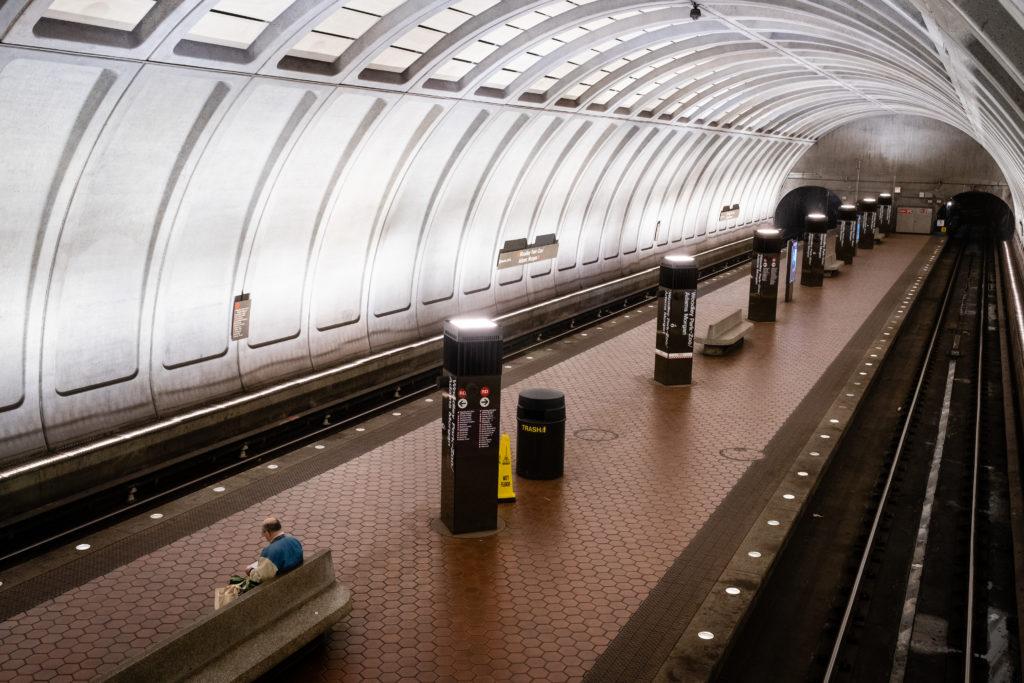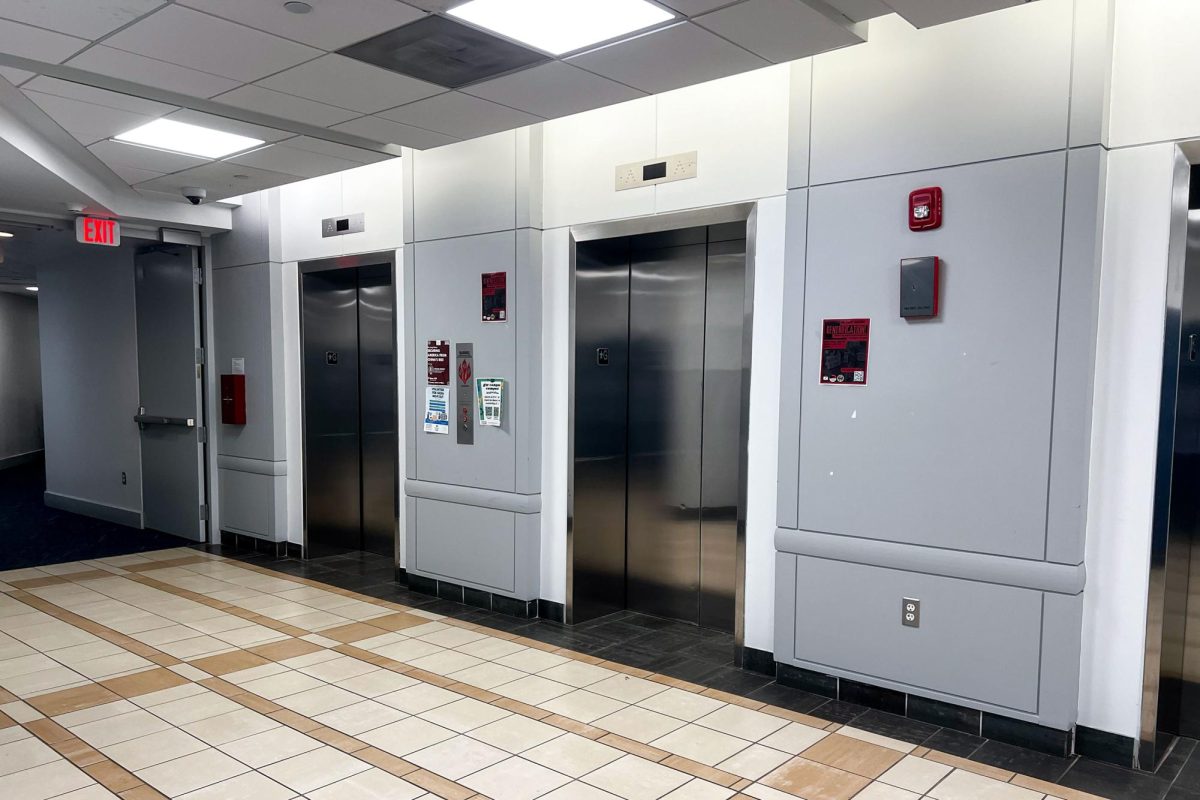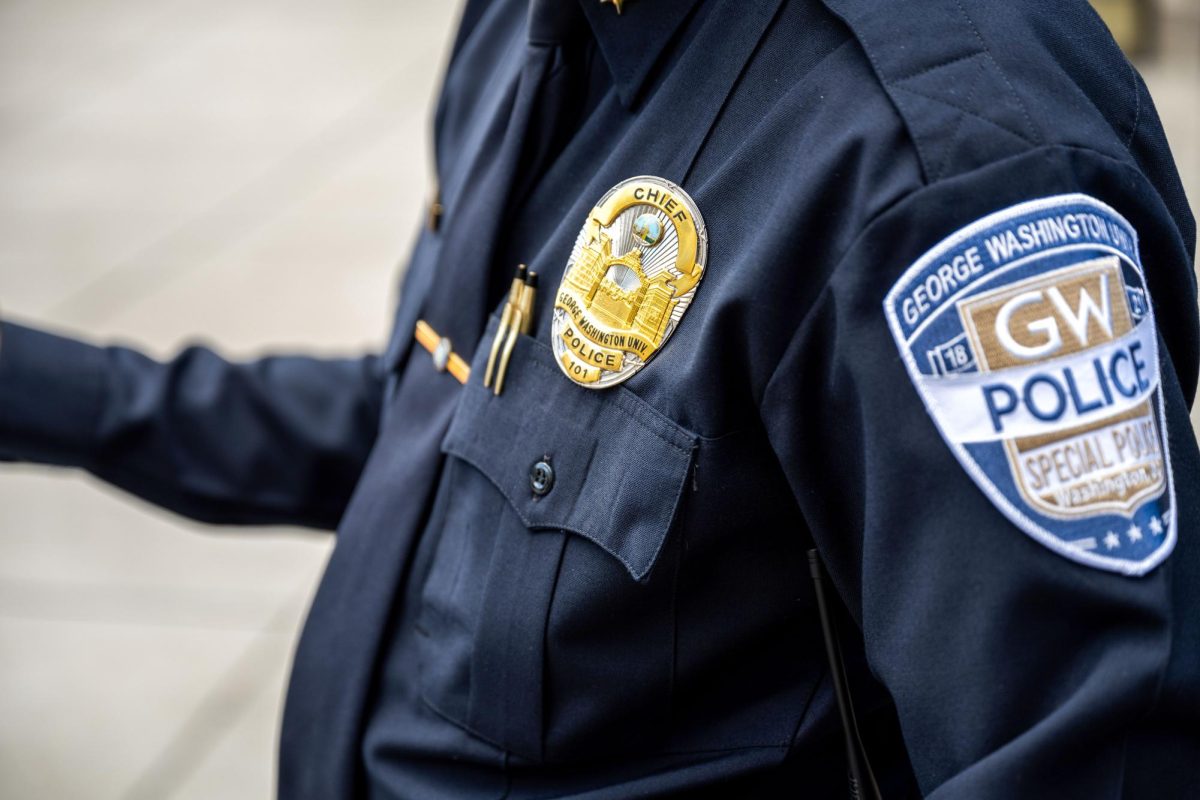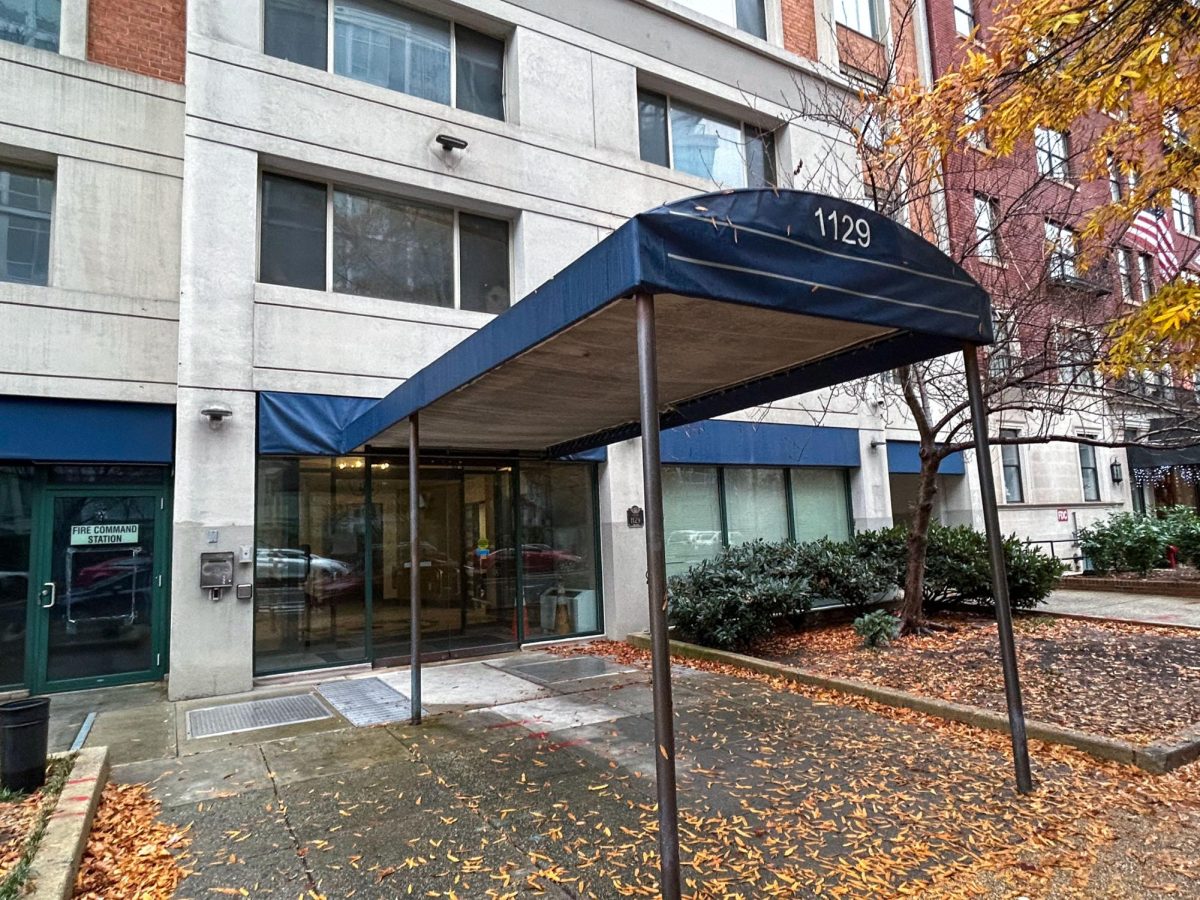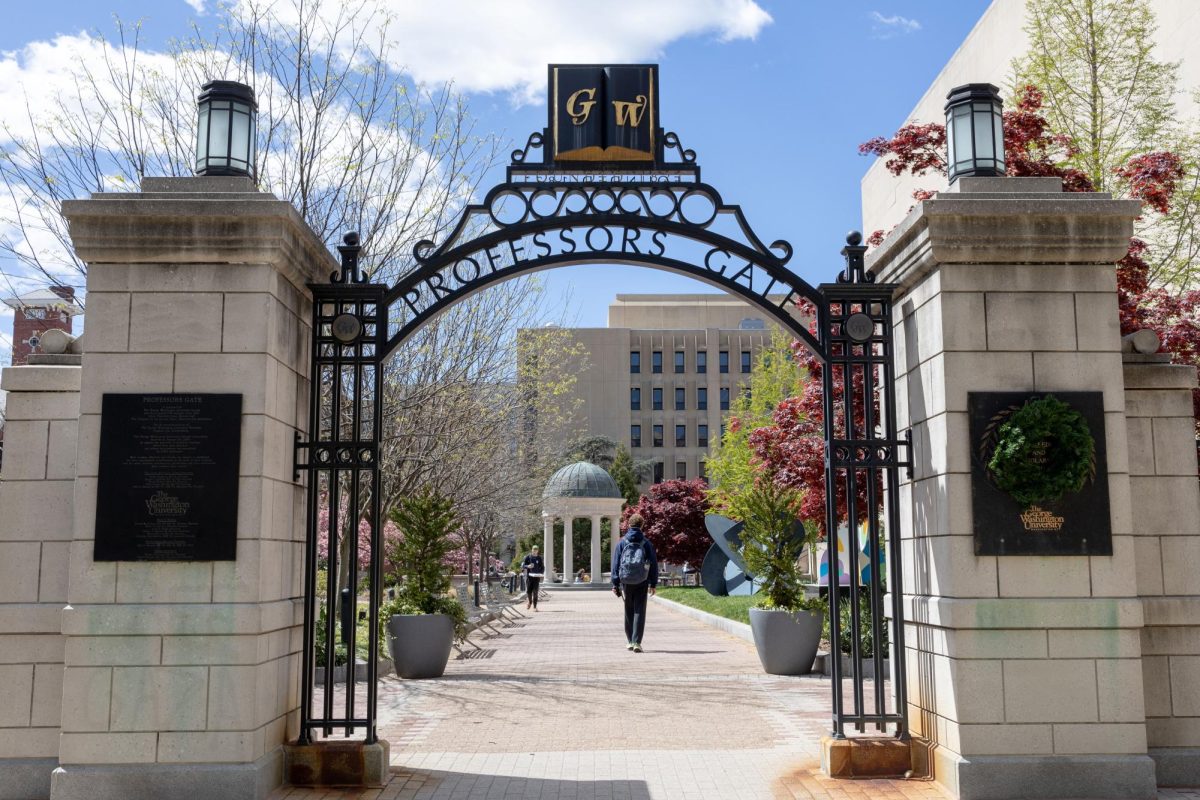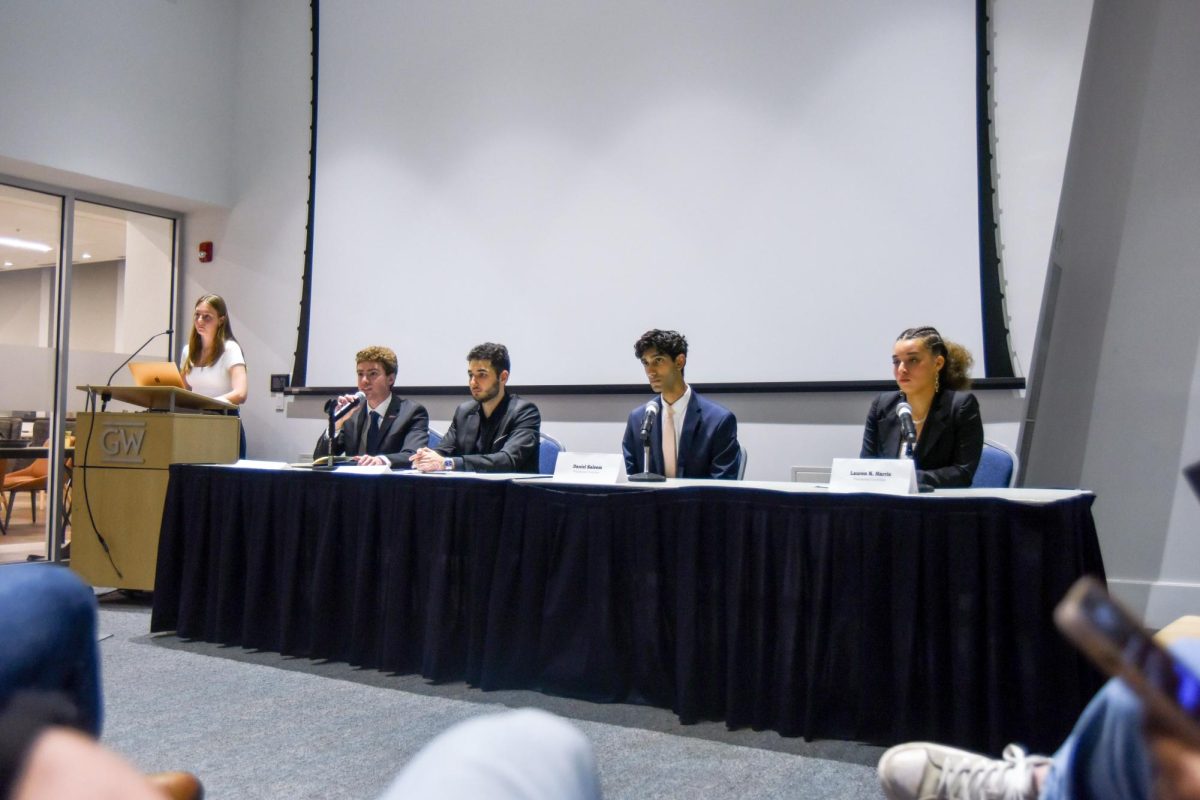The Washington Metropolitan Area Transit Authority announced earlier this month that all active Metro Transit Police Department officers and Metro’s crisis intervention specialists will carry naloxone, also commonly known as Narcan, a medication that can reduce or reverse the effects of an opioid overdose.
MTPD officials said carrying naloxone is the result of increased calls to MTPD reporting suspected overdoses, rising from 27 in 2021 to 43 in 2022, where officers are usually the first responders to a scene and can apply the medication to “temporarily reverse” the effects of an opioid overdose, according to the Metro release. The h3 Project DC, a nonprofit organization whose mission is to end homelessness and human trafficking, helped train Metro personnel equipped with naloxone through lessons on proper usage and safety precautions along with a revision on the signs and symptoms of an opioid overdose, according to the release.
“MTPD officers are committed to keeping our community safe, and this additional tool is already being used to potentially save lives,” said Metro Transit Police Chief Michael Anzallo. “Like all medical emergencies, time is of the essence when rendering care to those experiencing overdoses, and officers are now better equipped to quickly help those experiencing a crisis.”
The release states an MTPD officer revived an unresponsive person suspected of overdosing within the first day of the naloxone rollout.
The District has reported a rise in fatal opioid overdoses and hit an all-time high of 411 opioid-related deaths in 2020, according to Live. Long. DC., a District office working to end opioids in the city. Wards 5, 6, 7 and 8 experienced the most fatal opioid-related overdoses from 2016 to 2021, with Ward 8 experiencing 77, the most deaths in 2021, according to the DC Office of the Chief Medical Examiner.
Since September, Metro has hired four crisis intervention specialists in mental health awareness and de-escalation methods, MTPD officers have also increased patrolling across Metro by 30 percent and initiated an “awareness campaign” to educate the public on how to improve safety while using the Metro.


